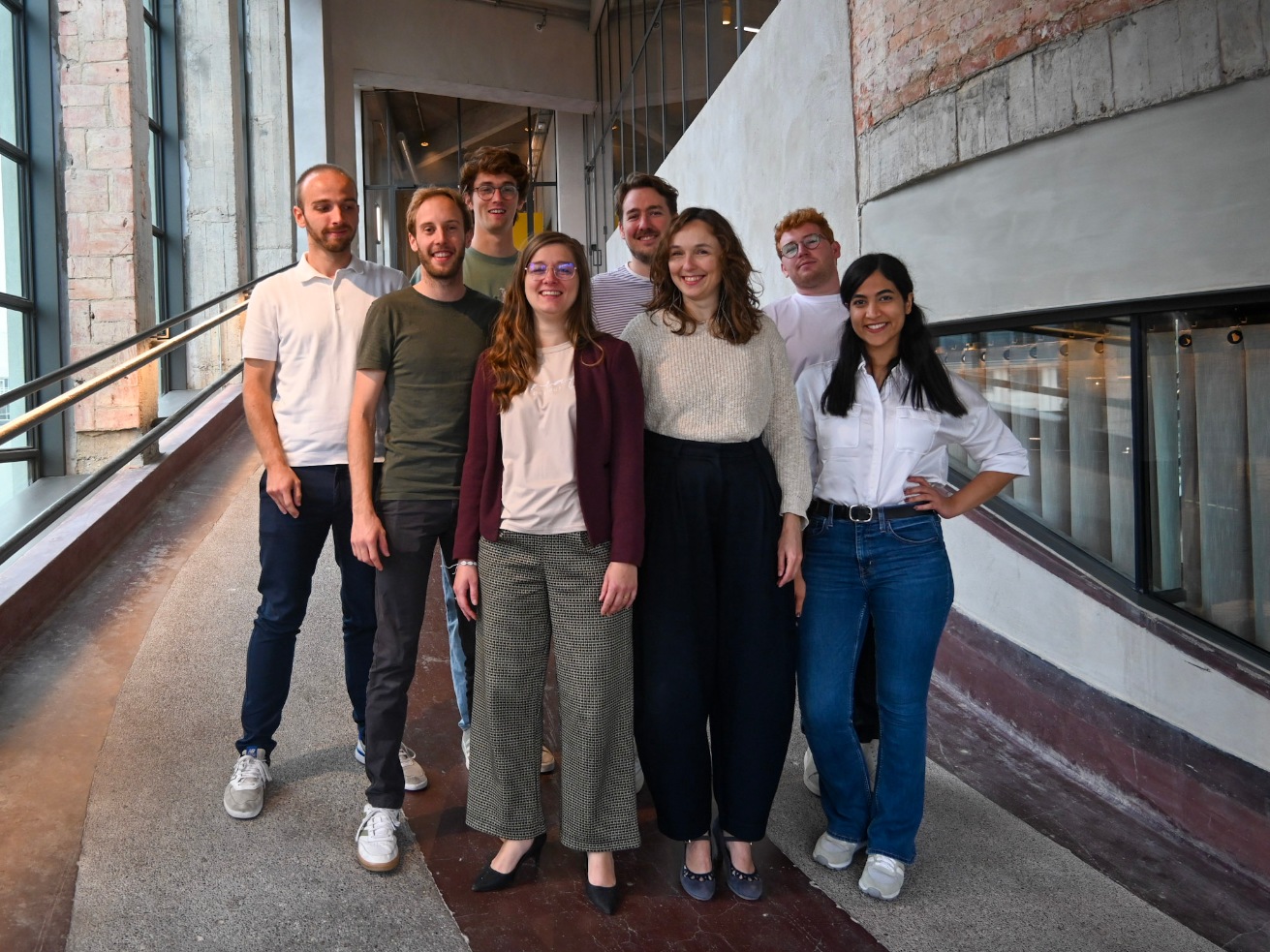Navigating Flanders’ innovation ecosystem: a search for strategic clarity
Navigating Flanders’ innovation ecosystem

For twenty years, I lived in the world of startups. Fast, sharp, agile. Ready to change course if needed but always focused.
At Flanders Technology & Innovation, I started with a simple mission: to get to know the other players in the technology ecosystem better. I thought I had a fairly good picture, or so I believed. But behind the scenes, the world turned out to be much richer. So many people with passion. Projects that truly aim to innovate. And yes: quite a bit of funding to support that.
Belgium and Flanders have a dynamic of their own. Cabinets, administrations, clusters, associations… there are a lot of them. Together with universities and research centers, they work on knowledge, innovation, and valorisation.
Beautiful and at the same time, the weak spot. The energy is undoubtedly there. But often fragmented. Everyone is working hard, just not always in the same direction. The focus that is second nature to startups is often missing here.
I've always been fascinated by The Art of War by Sun Tzu. One of his most famous quotes reads: “Strategy without tactics is the slowest route to victory. Tactics without strategy is the noise before defeat.” Vision and strategy are essential and only meaningful if they’re turned into concrete action. That balance between strategy and execution is exactly what Flanders needs to give its innovation ecosystem direction and clout. Without such a plan, we risk getting stuck in mediocrity: rich in initiatives, poor in impact.
Looking for Direction
In a constantly changing world of innovation, ‘comfort zone’ sounds almost ironic, perhaps even pretentious. But if I have one, it’s in data and AI. In that field, Flanders is investing in data centers and cloud infrastructure. We fund research in machine learning. We subsidize AI startups. But what’s the overarching vision?
The tendency to invest in physical infrastructure is understandable. Data centers are visible, measurable, politically appealing. But there’s more. Should we develop our own Large Language Model (LLM), like Mistral? Or is our strength in building specialised applications on top of existing LLM environments? What about federated learning and data spaces, which are needed to unlock data?
And then there’s the ecosystem itself: talent, capital, entrepreneurship. We have fantastic hubs – Wintercircus, Hangar K, The Beacon, Leuven MindGate, Limburg Startup – all buzzing with ideas. How do we link all of this to a single, clear policy?
Setting a Shared Course
The big question: how do you create an AI strategy? And more importantly: how do you execute it?
Flanders is faced with a tangle of responsibilities and jurisdictions. That offers room for specialisation, but it also makes it difficult to set a single, clear direction.
Beyond our borders, things are moving. In late 2024, the European Commission took a striking step by appointing Ekaterina Zaharieva as Commissioner for Startups, Research and Innovation. France went even further: Clara Chappaz was appointed Minister Delegate for AI and Digital Technology. From her time at Mission French Tech, she knows how to engage startups, scale-ups, and investors. With programs like Osez l’IA, France links AI policy directly to entrepreneurship and funding. The signal is clear: innovation and entrepreneurship are top political priorities.
And Flanders? The ecosystem is growing, but the bridge to policymaking is missing. There is no dedicated platform where (AI) startups and policymakers truly engage with each other. A pity, because such dialogue can be worth its weight in gold: picking up signals faster, spotting opportunities, shaping better policy that fits reality. VOKA proves it can be done, albeit in a broader context, but it took them years to achieve it.
The Urgency of Now
Meanwhile, the clock is ticking. Other regions are making massive investments in their digital future. China has its AI strategy, the US their CHIPS and Science Act, and Europe its Digital Decade Program. Flanders is making efforts, but often gets stuck in a multitude of fragmented initiatives.
It’s time for courage. Courage to make choices, to set sharp priorities, and to clearly define responsibilities. And also courage to collaborate structurally: cabinets, administrations, research centers, companies, and definitely the startup community. Because the future of Flanders as an innovation region doesn’t depend on the number of structures, but on the strength with which they collaborate around a shared vision and a concrete plan.
That’s precisely the mission I’ve been given at FTI: to build bridges, connect players, and turn fragmentation into force. If we can harness that energy, we won’t just create policy – we’ll make real impact. In the spirit of Sun Tzu.



